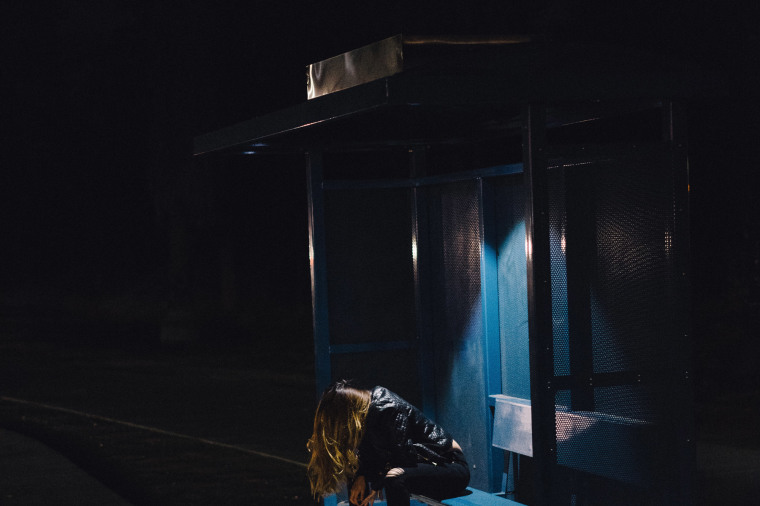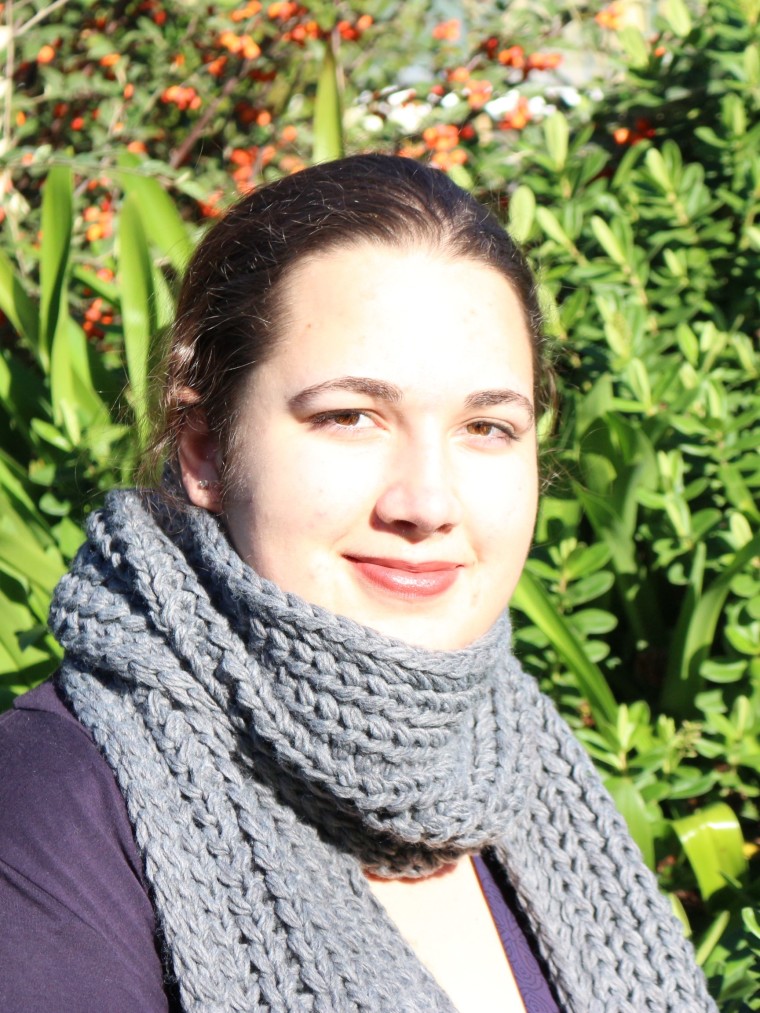

Unfortunately, Christians are often known primarily for what we stand against, rather than what we stand for. When society looks upon a religious group which seems divided on big issues, the veracity and validity of that belief system is called into question.
"If Christianity was true, shouldn't you all align on what you believe?"
Division within the body of Christ is a common stumbling block for onlookers, let alone the strife it causes within the Church. So this article is going to be a basic guide on how we should be addressing significant issues of the conscience as a Christian.
To caveat, I won't be addressing issues of denominational divergence because those theological variances require a different thought process. Nor will I be touching upon topics questioning legality.
Rather, my voice wades in on contentious conscience issues: feminism, environmentalism, pacifism and veganism.
It may seem odd that I lump these complex issues into one box. I wonder if you are reading this exclusively to see how I could possibly write a short article on such a controversial set of topics. Hopefully I will surprise you, as although there is much to be said about the individual issues if I wanted to do them justice, the overarching argument is simple.
A matter of conscience
These matters of conscience can all be thought about in the same way because of their nature—they are conscience issues. Unlike God's law, which the Bible argues is morally binding and objective; our conscience can prick us when our neighbour's conscience is at peace. The Bible argues this is not inherently a bad thing (1 Corinthians, chapters 8 and 10).
The Christian way, therefore, to think about feminism, environmentalism, pacifism and veganism is to figure out where you stand, and stand humbly knowing that your viewpoints on these topics are not the most important thing about your faith.
Conscience issues are peripheral in the life of the Christian in the sense that they are uniquely shaped by God and can change from one situation to the next, one year to the next as you grow and mature in the faith.
Do you look upon the vegans at your local café as if they are less perfect than you, or do you realise your own weakness and consider them more significant than yourself?
Are you standing upon your "green" political views as a primary part of your faith, rather than Jesus' completed work on the cross as he died for your sins and was raised in perfect righteousness so we may be adopted as his children?
Are you fighting tooth and nail for transgender bathrooms to stay out of public swimming pools, rather than loving your neighbours and sharing the gospel so they too may enjoy everlasting life in God's Kingdom?
Peripheral, not primary
When we make the peripheral issues primary, we chip away at the liberally lavished love and grace of the gospel. When we start picking battles over eternally insignificant topics, we portray that our ultimate goal is to reform society's behaviour. I do not want to be known by God, Christians or unbelievers first and foremost for my "weak" conscience (1 Corinthians, chapter 8), but for my hope and joy which lies outside of my opinions and rests solely on Christ's blood shed for me.
What is the Christian way to think about feminism, environmentalism, pacifism and veganism? Know where you stand from a biblical perspective and stay humble enough to realise that your conscience is not your brother's.

God's law is written on everyone's heart and to that we will all be held accountable on our final day, but our conscience's convictions are our own to be melded and mulled over directly and personally with God.
Rather than fighting the world's love of meat or indifference towards recycling, "fight the good fight of the faith. Take hold of the eternal life to which you were called and about which you made the good confession in the presence of many witnesses" (1 Timothy, chapter 6).
Harriet Knox lives in windy Wellington, New Zealand. She works for the Government, loves animals, and cannot function well without a gym membership. She became a Christian at University and attends Gracenet Community Church.
Harriet Knox's previous articles may be viewed www.pressserviceinternational.org/harriet-knox.html